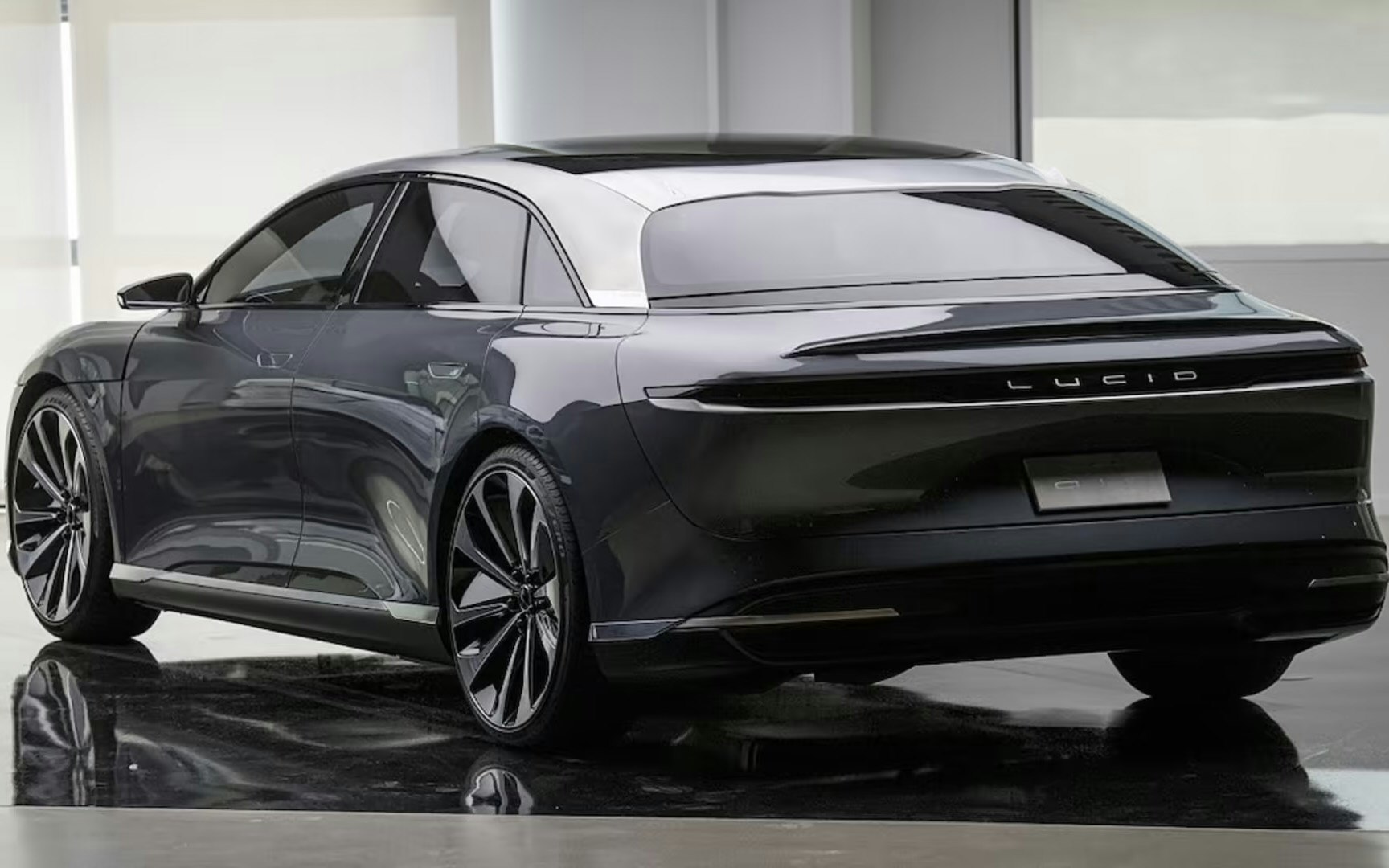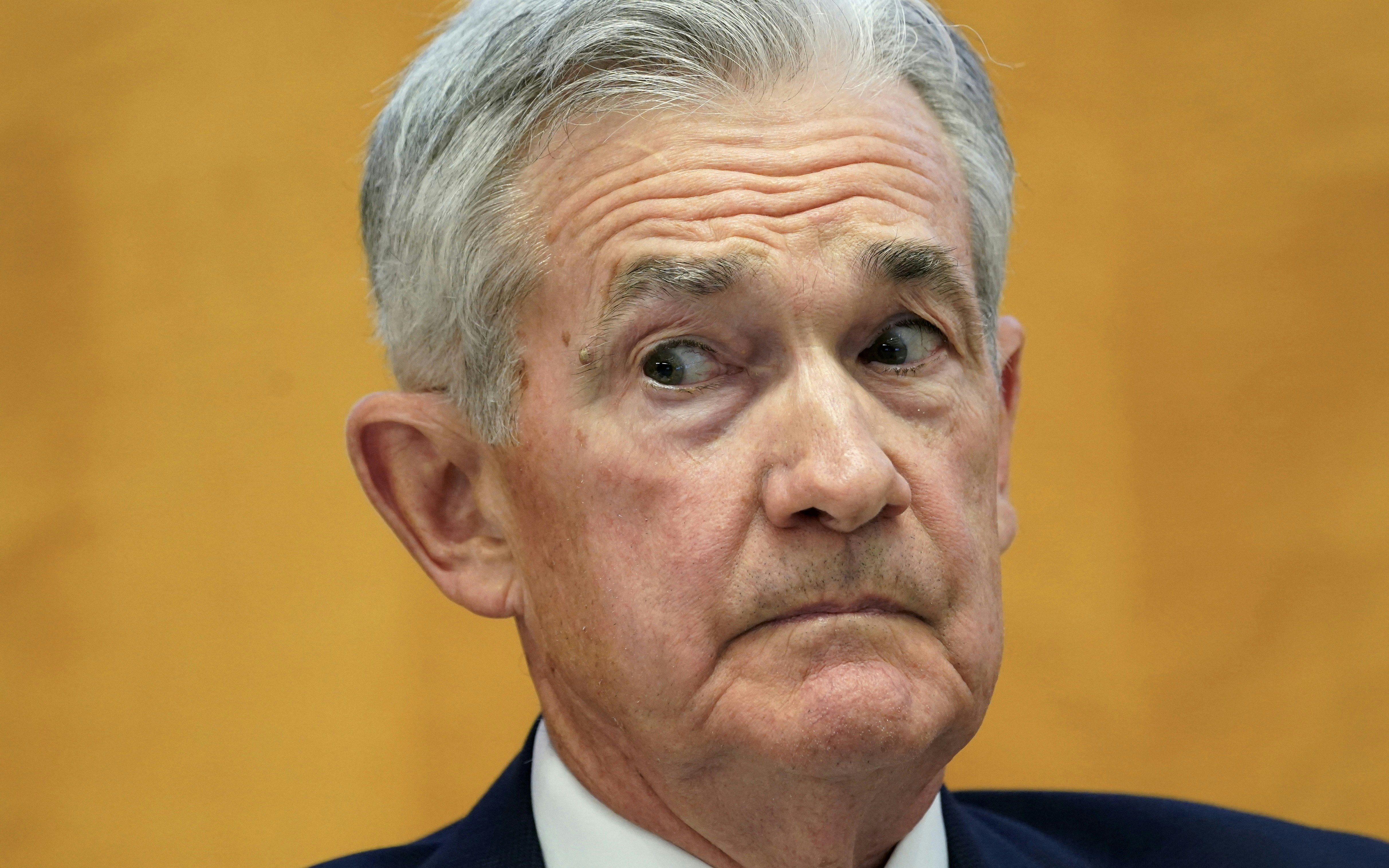The US electric vehicle industry is facing an existential crisis.
Even before the election, numerous startups struggled with declining demand, rising production costs, and massive supply chain issues. Companies like the electric SUV manufacturer Fisker and the bus producer Arrival declared bankruptcy at the beginning of the year. Most recently, the Swedish battery manufacturer Northvolt also failed after BMW canceled a large order. The company had previously received around 15 billion dollars in investments.
Even larger players like Rivian Automotive and Lucid Group feel the pressure.
The looming elimination of tax incentives like the $7,500 credit for electric vehicles by the Trump administration could further dampen demand. Biden administration funding for electric mobility projects is also under pressure. Additional tariffs on auto parts and vehicles from countries like Mexico, Canada, and China could further drive up production costs.
“It is a catastrophe,” summarizes Ted Brandt, CEO of the investment bank Marathon Capital specializing in green energy, the situation. “The decline in consumer demand affects the entire supply chain, from batteries to raw materials like lithium.”
The difficulties in startups are also affecting established automakers like Ford and General Motors. Both companies have invested billions in expanding their electric vehicle portfolios but are withdrawing from planned projects in light of disappointing sales figures.
Analysts warn that a US withdrawal from the electric mobility sector could further increase China's lead in this field. Companies like battery manufacturer CATL and electric car pioneer BYD already dominate the market.
The failure of Northvolt is a striking example of the industry's challenges.





